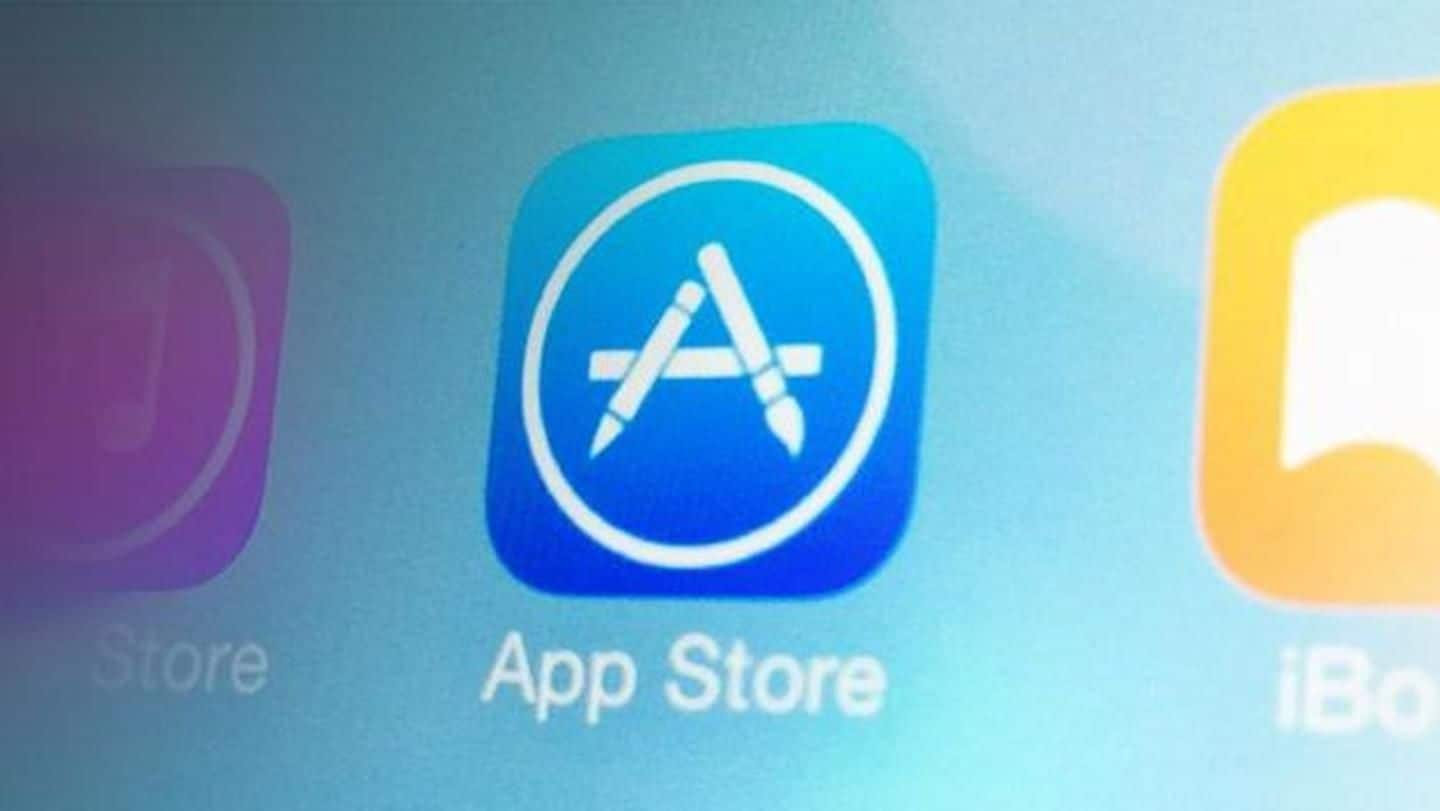
Apple's App Store turns 10: The journey so far
What's the story
Apple's App Store has turned 10. Today, the platform sees 500 million weekly visitors across 155 countries. "When Apple introduced the App Store on July 10, 2008, with 500 apps, it ignited a cultural, social and economic phenomenon that changed how people work, play, meet, and travel," Apple said. The stories featured on its "Today" tab have been read by over a million users.
Earning
iOS developers have earned $100bn from the App Store
In 2009, the App Store introduced in-app purchases (IAP), and as of June 2018, developers have earned $100 billion from IAP and paid apps together. In 2011, the App Store started supporting subscription apps. Today, subscriptions are up 95% from 2017 with over 28,000 iOS apps including Netflix, Tinder, LinkedIn, Dropbox and Headspace offering them.
Gaming and Video
App Store the epicenter of mobile video consumption boom
Because of the Multi-Touch technology on iPhone and iPad, gaming became mainstream on the App Store with titles like Mario, Temple Run, and Candy Crush gaining high traction. Further, "services including HBO NOW, Hulu, Netflix and Sling TV and the abundance of quality shows allow customers to enjoy the entertainment they love when and where they choose," Apple said.
Work and Education
Embrace iPad as a tool for professionals
With the iPad Pro, Apple presented a great opportunity for developers to create apps that help users "nurture rich, engaging ways to learn, express creativity and encourage collaboration." Today, the App Store has over 1.3 million apps specifically for iPad, including Procreate, Lightroom, and Microsoft Office 365. It also has over 200,000 educational apps like Explain Everything and The Elements from Touch Press.
Information
Apple Watch and HealthKit paved the way for health apps
Since the launch of the Apple Watch, health, fitness and wellness apps have seen a 75% increase in downloads. These include popular apps like Nike, Lose It!, One Drop, Glow, and Sweat.
For Developers
Encouraging students to code
Every year, Apple hosts the Worldwide Developers Conference (WWDC) where software developers from all over the world talk about the latest developments in the apps market. In 2016, Apple introduced the "Everyone Can Code" program for students, which encourages tens of millions of young minds to learn and write code, and then create apps that matter.
Information
Bringing virtual experiences into the real world with AR
In 2017, Apple launched its ARKit 1.0, making iOS "the biggest augmented reality (AR) platform in the world." Today, the App Store has over 3,000 immersive AR apps like Kings of Pool, Alice in Wonderland, LEGO, AR Quest, and Houzz.